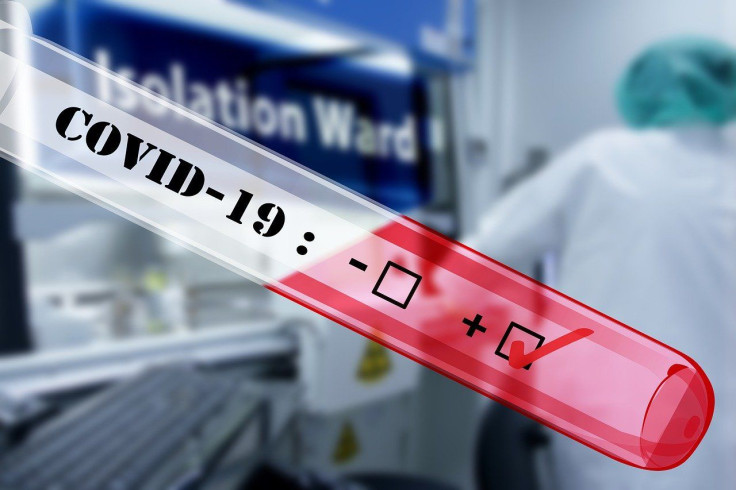Coronavirus Update: New AI Diagnostic Tool Can Predict COVID-19 Even Without Testing

An artificial intelligence (AI) diagnostic can be used to predict if an individual is likely to develop COVID-19, based on their symptoms, according to a recent study by researchers at the King’s College London, Massachusetts General Hospital and health science company ZOE.
The AI model uses information from the coronavirus symptom study app to predict COVID-19 by comparing the symptoms exhibited by people with the results of traditional testing methods. This method can be of great help in countries where access to testing is limited. A couple of clinical trials in the U.S. and U.K. are about to begin shortly.
Over 3.3 million individuals worldwide have downloaded the app and have been using it to report daily on their health status- whether they felt healthy or if they have been experiencing any kind of new symptoms including cough, fever, fatigue, and loss of smell or taste.
The study:
The research team analyzed information gathered from about 2.5 million individuals living in the U.K. and the U.S. who had regularly been logging their health status in the app. About one-third of them have logged symptoms linked to COVID-19. Over 18,000 individuals reported that they had undergone coronavirus testing and about 7,178 of them tested positive for COVID-19.
The researchers investigated which COVID-19 symptoms were most likely to be associated with a positive test result.
Key findings of the study:
- Only fever and cough are warning signs of coronavirus
- Loss of taste and smell is a stronger predictor of COVID-19 than fever
- Four key symptoms of COVID-19: loss of smell or taste, severe or persistent cough, fatigue and skipping meals
- Only a fifth of those who were unwell were likely to have COVID-19
- Combining this AI prediction with the widespread adoption of the app could be used to identify those who are likely to catch the infection as soon as the earliest symptoms start showing
"Our results suggest that loss of taste or smell is a key early warning sign of COVID-19 infection and should be included in routine screening for the disease. We strongly urge governments and health authorities everywhere to make this information more widely known, and advise anyone experiencing a sudden loss of smell or taste to assume that they are infected and follow local self-isolation guidelines," MedicalXpress quoted professor Tim Spector from King's College London.
© Copyright IBTimes 2025. All rights reserved.






















